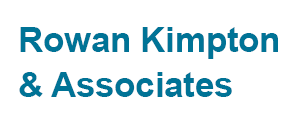Make a list of your assets and beneficiaries
Your list of assets should include property, life insurance, super and valuables. Then, list all your beneficiaries including those who are financially dependent on you and those who you would simply like to leave an inheritance.
Start with super
Your super doesn’t automatically get distributed as outlined in your Will. If you do want it to form part of your Will you need to tell your superannuation fund that you want your super beneficiary to be your ‘legal personal representative’. This person is the executor of your Will.
Choose your executor
An important role of the executor is to communicate with your beneficiaries and distribute your assets according to your wishes (as outlined in your Will). An executor should be someone who can be trusted and reliable. Or, you can nominate a professional executor to manage the administration of your Will on your behalf.
Keep your Will in a safe place
Tell your executor and family members where they can locate your original, signed and witnessed Will. Keep it with other important documents such as your birth certificate, super and insurance information.
Check the details
Make sure you include the names, contact details and the relationship each of your beneficiaries has with you clearly in your Will.
When including an organisation in your Will, such as a charity, it is essential to get the name correct. If an organisation is incorrectly described, it may not receive the benefit or there may be significant legal costs incurred before it does.
Review your Will
Your Will should be reviewed whenever your personal circumstances or ownership of assets changes.
Look out for rules in your State – for example, in South Australia, marriage revokes a Will unless that Will was prepared in contemplation of marriage.
Get professional advice
Writing a Will isn’t straight forward. Consult a solicitor, estate planner or trustee company that specialises in estate planning to make sure you get it right.
Source: Australian Executor Trustees
